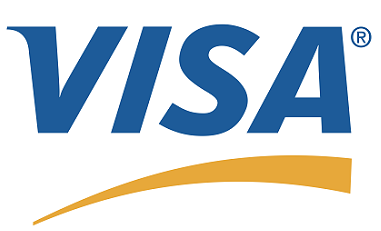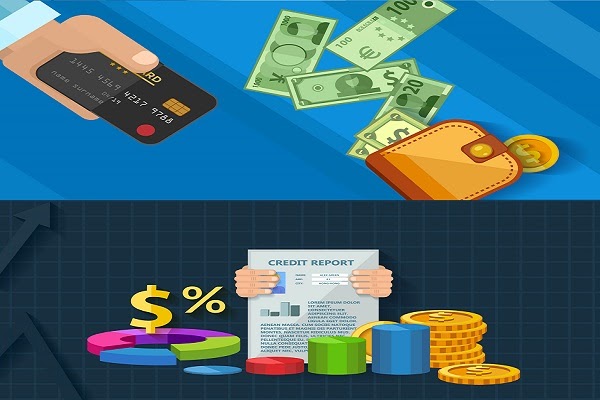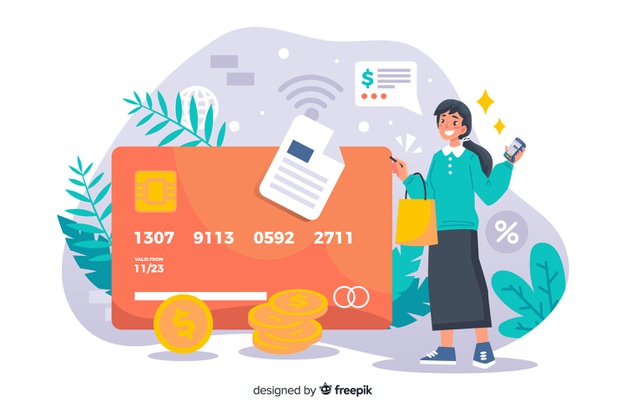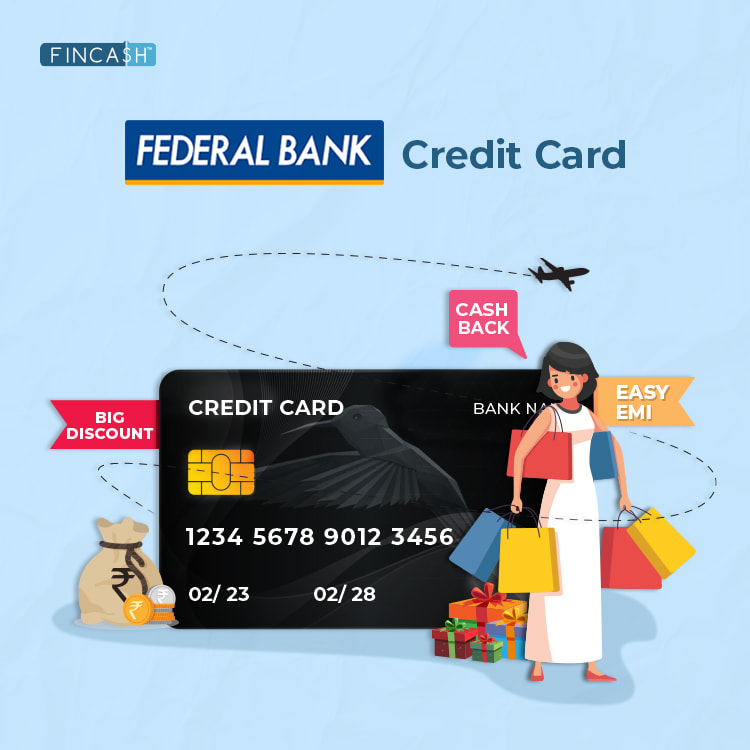
Fincash » Mutual Funds India » Late Payment Charges of Credit Cards
Table of Contents
- What is the Interest Rate on a Credit Card?
- Formula for Calculating Credit Card Interest
- RBI's Guidelines on Delayed Payment of Credit Card
- Consequences of Missing a Credit Card Payment
- Credit Card Late Payment Charges by Different Banks
- Key Points on Late Payment Fees by Various Banks
- Components of Late Payment Charges
- How Credit Card Interest Rates Are Computed?
- How to Prevent Late Payment Fees?
- Wrapping Up
Late Payment Charges of Credit Cards 2025
Using a Credit card offers numerous benefits. Not only can you enjoy attractive deals and promotions across various brands, but you can also get substantial credit limits, allowing you to access funds during emergencies. It essentially provides you with an interest-free loan for 45 days, rewards you with points that can be redeemed for various items, and contributes to the establishment of your credit history. As long as you meet your payment obligations promptly, everything runs smoothly. However, if you cannot make timely payments, the situation can quickly take a turn for the worse.

Penalties and late fees associated with credit cards have increased in recent times. If you're unable to settle your credit card debts before the due date, banks impose late payment fees on the statements. Hence, you must acquaint yourself with the late payment charges associated with credit cards to avoid incurring additional expenses. In this article, let's delve into the late payment fees levied by different banks on credit cards.
What is the Interest Rate on a Credit Card?
The interest rate associated with a credit card is commonly called a 'Finance Charge.' It represents the rate imposed by credit card issuers on the borrowed amount. However, it's important to note that interest charges only apply to cardholders who do not fully settle their outstanding balance. For example, suppose your previous Billing cycle's credit card statement reflects a balance of Rs.10,000, and you opt to make a partial payment, which may be either the minimum amount due or an even lower amount. In that case, the Bank will apply finance charges per its policies.
Formula for Calculating Credit Card Interest
Here is the formula used to calculate credit card interest:
[(Number of days elapsed from the transaction date) x (unpaid balance) x (monthly interest rate) x 12 months] divided by 365
RBI's Guidelines on Delayed Payment of Credit Card
The RBI, in its 2022 'Master Direction,' has stipulated that credit card issuers can report an account as 'past due' to credit information agencies and levy a penalty only if the credit card remains in a 'Past due' status for more than three days. In the previous framework, credit cardholders were obligated to settle their outstanding balances on or before the due date specified in their monthly statements. Failure to adhere to this often resulted in significant penalties, late fees, and potential negative impacts on their credit scores. However, with the RBI's recent directive, customers now enjoy an additional grace period of three days to make payments without incurring any supplementary charges.
Talk to our investment specialist
Consequences of Missing a Credit Card Payment
If you surpass the deadline of three days, you will be subject to a Late Fee and interest charges, which can be as high as 3.6% per month or even more. You are still liable for the interest charges even if you make the minimum payment. Additionally, this late payment will harm your Credit Score. The late payment fees applied to a credit card depend on the card type and the outstanding amount. Furthermore, if the payment is not made by the due date, interest is compounded daily, with an extra 18% Goods and Services Tax (GST) applied to the interest following government regulations.
Credit Card Late Payment Charges by Different Banks
In the given table, have a look at the minimum and maximum charges levied by varying banks:
| Credit Card Providers | Minimum Late Payment Charge | Maximum Late Payment Charge |
|---|---|---|
| Axis Bank Credit Card | Rs. 100 for a minimum outstanding of Rs. 301 | Rs. 1200 for a minimum due of more than Rs. 50000 |
| Citibank Credit Card | Rs. 450 for a minimum outstanding of Rs. 1001 | Rs. 950 for a minimum outstanding more than Rs. 10000 |
| HDFC Credit Card | Rs. 100 for a minimum outstanding Rs. 100 | Rs. 950 for a minimum due of more than Rs. 25000 |
| HSBC Credit Card | Rs. 250 or 100% of the due amount | Rs. 1200 or 100% of the unpaid amount |
| ICICI credit card | Rs. 100 for a minimum outstanding of Rs. 101 | Rs. 750 for a minimum due of more than 10000 |
| RBL Credit Card | Rs. 50 or 15% of the due amount | Rs. 1000 or 15% of the unpaid amount |
| SBI Credit Card | Rs. 400 for a minimum outstanding of Rs. 501 | Rs. 1300 for a minimum due of more than 50000 |
| Standard Chartered Credit Card | Rs. 100 for a minimum outstanding of Rs. 101 | Rs. 800 for a minimum due of more than 15000 |
Key Points on Late Payment Fees by Various Banks
Knowing the exact late payment charges associated with your outstanding balance is essential. If your outstanding balance is relatively low, your late payment fee will be minimal. However, these charges may escalate if you have higher outstanding balances beyond the due date.
SBI Credit Card Late Payment Charges
- No late payment fee for amounts due between Rs. 0 to Rs. 500
- Rs. 400 for amounts due between Rs. 501 to Rs. 1000
- Rs. 750 for amounts due between Rs. 1001 to Rs. 10,000
- A fee of Rs. 950 for amounts due between Rs. 10,001 to Rs. 25,000
- Rs. 1,100 for amounts due between Rs. 25,001 to Rs. 50,000
- Rs. 1,300 for amounts due exceeding Rs. 50,000
HDFC Credit Card Late Payment Charges
- No late payment fee for amounts less than Rs. 100
- Rs. 100 for amounts due between Rs. 100 to Rs. 500
- A fee of Rs. 500 for amounts due between Rs. 501 to Rs. 5,000
- Rs. 600 for amounts due between Rs. 5,001 to Rs. 10,000
- Rs. 800 for amounts due between Rs. 10,001 to Rs. 25,000
- A charge of Rs. 950 for amounts exceeding Rs. 25,000
ICICI Credit Card Late Payment Charges
- No late payment fee for amounts due up to Rs. 100
- Rs. 100 for amounts due between Rs. 101 to Rs. 500
- Rs. 500 for amounts due between Rs. 501 to Rs. 10,000
- A fee of Rs. 750 for amounts exceeding Rs. 10,000
Axis Bank Credit Card Late Payment Charges
- No late payment fee for amounts due up to Rs. 300
- Rs. 100 if the amount due falls between Rs. 301 to Rs. 500
- Rs. 500 for amounts due between Rs. 501 to Rs. 1,000
- A late payment charge of Rs. 750 for amounts due between Rs. 1,001 to Rs. 10,000
- Rs. 950 if the amount due falls between Rs. 10,001 to Rs. 25,000
- A fee of Rs. 1,000 for amounts due between Rs. 25,001 to Rs. 50,000
- Rs. 1,200 for amounts exceeding Rs. 50,000
RBL Bank Credit Card Late Payment Charges
- Late payment charges amount to 15% of the minimum amount due, with a minimum fee of Rs. 50
- Late payment charges are capped at 15% of the minimum amount due, up to a maximum of Rs. 1,000
- HSBC Credit Card Charges for Late Payments
- Late payment fees equal 100% of the minimum amount due, with a minimum charge of Rs. 250
- Late payment fees are capped at 100% of the minimum amount due, with a maximum fee of Rs. 1,200
Standard Chartered Credit Card Late Payment Charges
- No late payment fees are applicable for outstanding amounts up to Rs. 100
- A fee of Rs. 100 will be levied for amounts due between Rs. 101 to Rs. 500
- Late payment charges of Rs. 500 apply if the outstanding amount falls between Rs. 501 to Rs. 5,000
- For outstanding amounts between Rs. 5,001 to Rs. 15,000, a fee of Rs. 700 is applicable
- Late payment charges of Rs. 800 are imposed for outstanding amounts exceeding Rs. 15,000
Citibank Credit Cards Late Payment Charges
- No late payment fees will be imposed if the outstanding amount is up to Rs. 1,000
- A charge of Rs. 450 will be applied for amounts due between Rs. 1,001 to Rs. 5,000
- If the outstanding amount ranges from Rs. 5,001 to Rs. 10,000, the bank will charge Rs. 700
- Late payment fees amount to Rs. 950 for outstanding amounts exceeding Rs. 10,000
Components of Late Payment Charges
Here are the parts of late payment charges:
Late Payment Fee: This is the primary charge levied when you miss your credit card payment due date. It can vary from one credit card issuer to another but typically ranges from Rs. 300 to Rs. 1,000 or more
Interest on Outstanding Balance: In addition to the late payment fee, credit card companies charge interest on the outstanding balance. The interest rates can be high, ranging from 2% to 3.5% per month (24% to 42% annually). Interest accrues daily from the day after the due date
Goods and Services Tax (GST): GST is applied to the late payment fee and interest charges. It is usually added to your outstanding balance, increasing your overall debt
Compound Interest: Credit card issuers typically compound interest, which means they charge interest on the principal amount and any accrued interest. This can significantly increase your outstanding balance if you don't pay your bills on time
How Credit Card Interest Rates Are Computed?
Credit card interest rates are usually determined based on the Annual Percentage Rate (APR). This rate signifies the annual interest rate as opposed to a monthly one. However, the Monthly Percentage Rate (MPR) is employed for transactions when assessing interest charges for monthly balances. The APR and MPR can differ from one bank to another and from one card to another. When applying for one, it is crucial to be informed about the specific APR associated with a credit card.
How to Prevent Late Payment Fees?
Late payment charges on your credit card bills can pose financial burdens and significantly impact your credit score. Here's how you can steer clear of late payment charges:
Take Note of the Due Date: Upon receiving your credit card statement, make it a priority to note the due date. Setting reminders can help ensure that you never miss your bill payments
Set Up Alerts: Most banks offer email or SMS alerts to remind you of your credit card payment due dates. Take advantage of these alerts to stay on top of your payments
Utilise AutoPay: Many banks offer an 'AutoPay' feature that enables automatic deductions of your Credit Card Bill amount from your bank account on a specific date each month. This convenient setup eliminates the risk of missing the due date entirely
Pay the Minimum Amount Due: The minimum amount due represents a percentage of your total outstanding credit card bill, is an effective strategy to maintain your credit card services while avoiding substantial late payment charges
Make Payments within Three Days Past the Due Date: By the RBI guidelines, banks and financial institutions are prohibited from imposing late payment charges if credit card bills are settled within three days following the due date
Prioritise Payments: Allocate funds wisely first to pay off high-interest Credit Card Debt. Prioritising payments on high-interest cards can help you save money on interest charges
Review Statements: Review your credit card statements regularly for errors or unauthorised charges. Report any discrepancies promptly
Wrapping Up
Credit cards can serve as valuable financial tools for streamlining daily transactions. However, late payment charges on credit cards can impact your financial stability. Thus, you must stay aware of these charges and proactively avoid them. Responsible credit card usage, timely payments, and effective financial planning can help you make the most of your credit cards while minimising the financial burden of late payment charges. By doing so, you not only prevent incurring additional late fees but also uphold a positive credit history.
All efforts have been made to ensure the information provided here is accurate. However, no guarantees are made regarding correctness of data. Please verify with scheme information document before making any investment.












